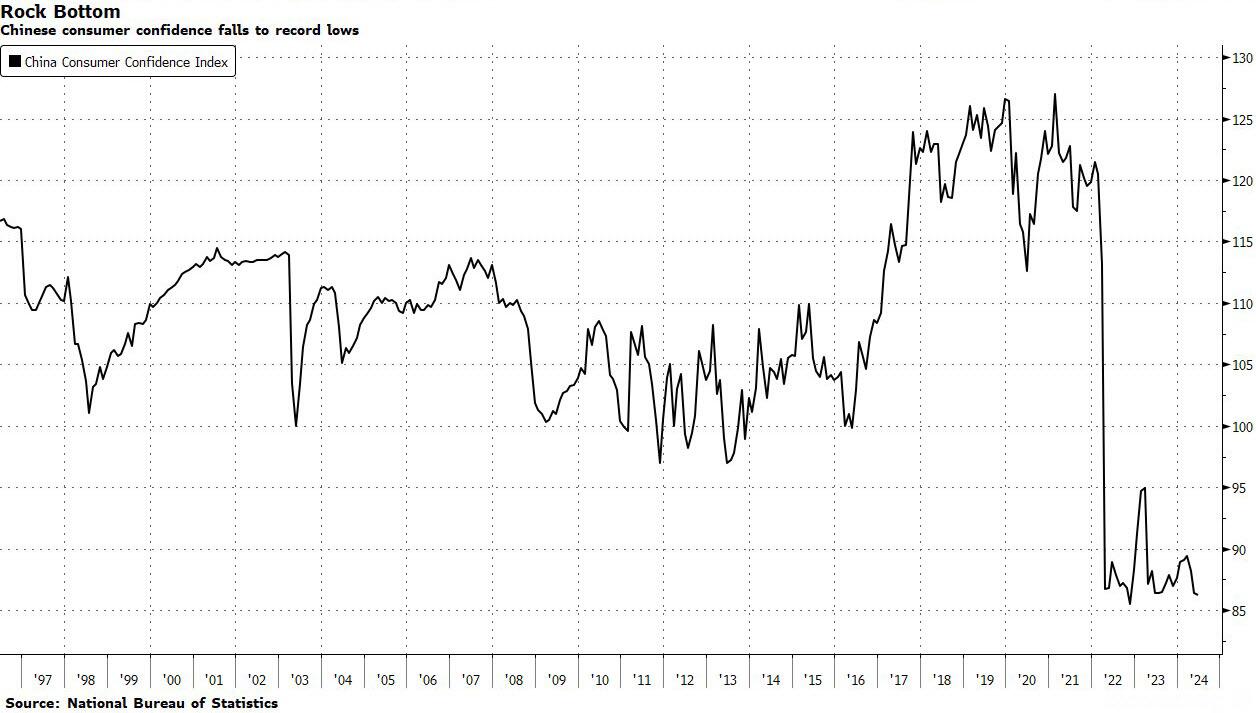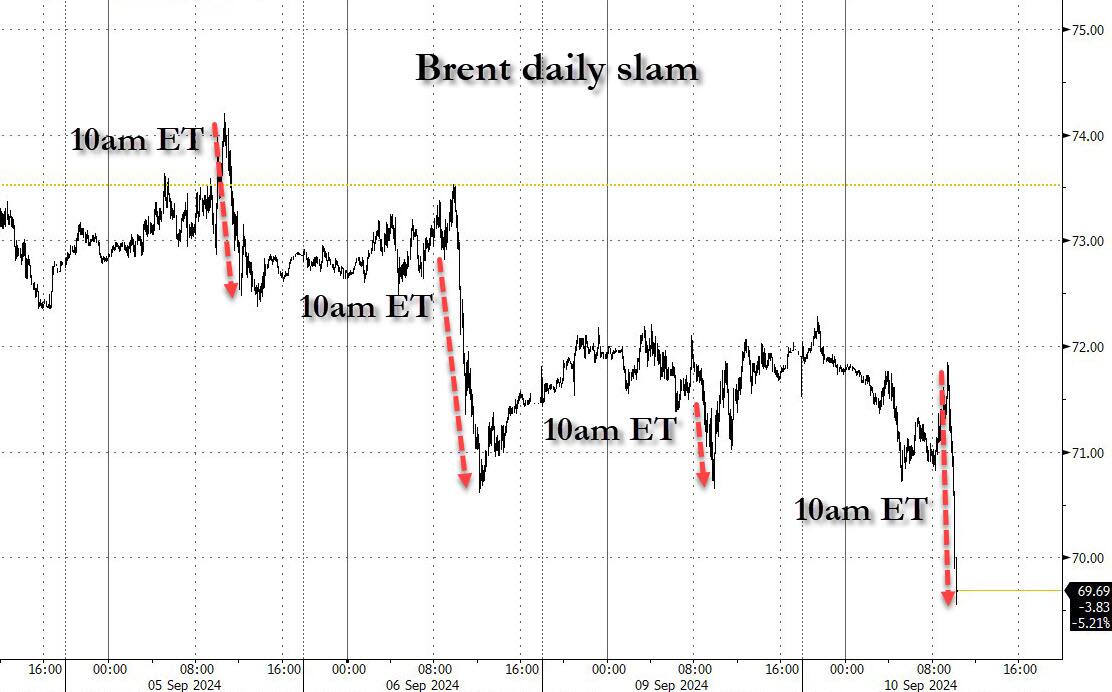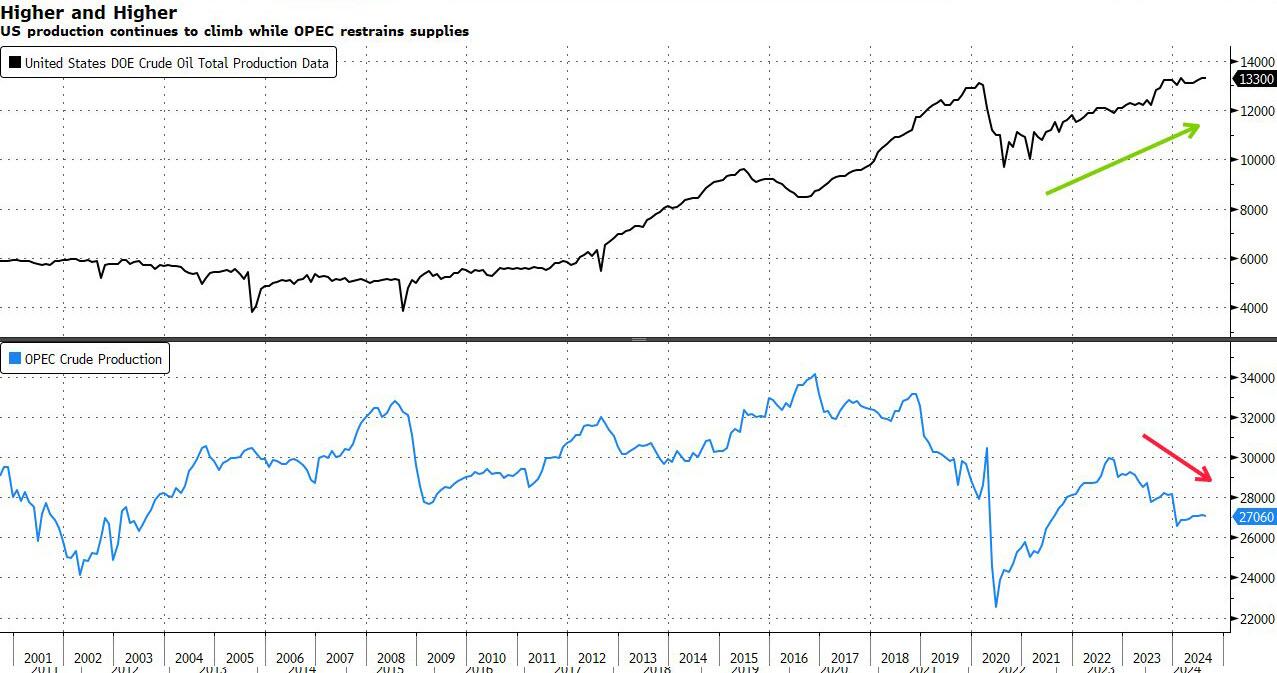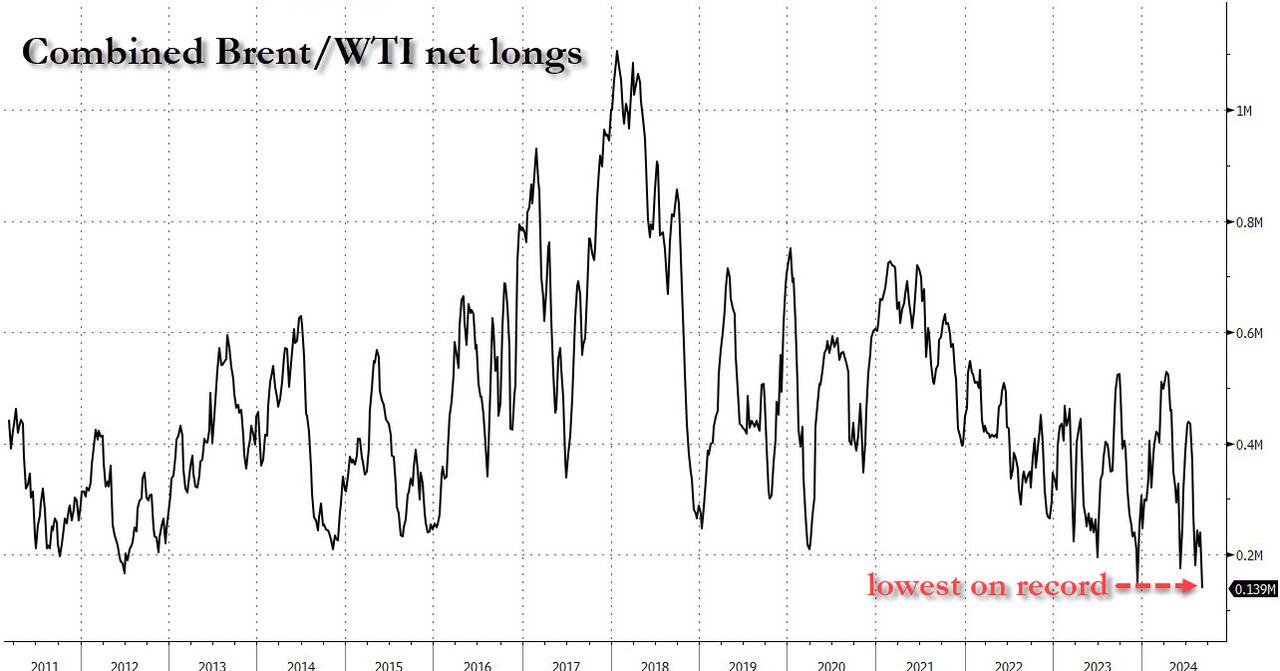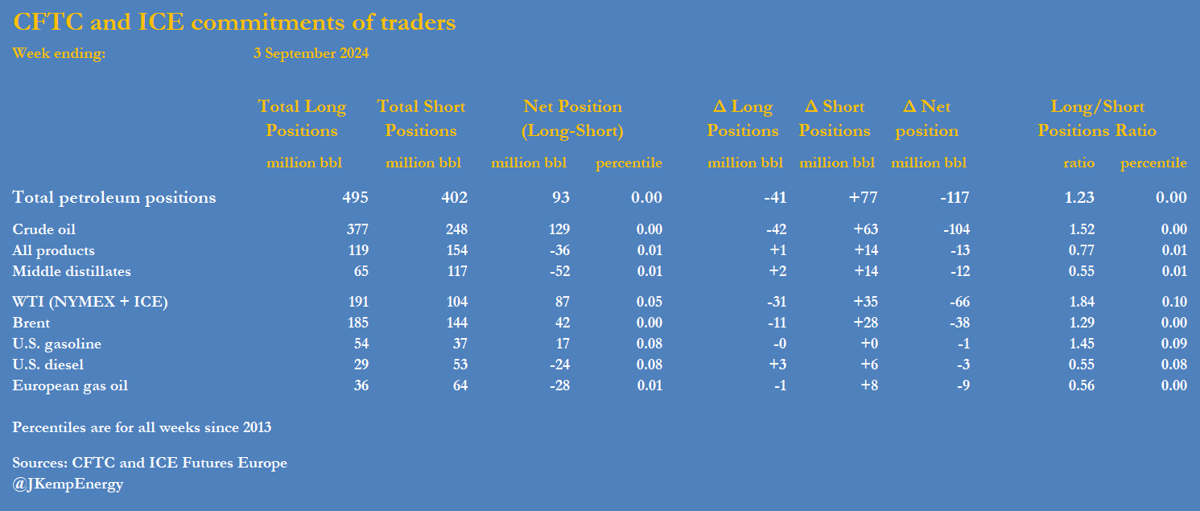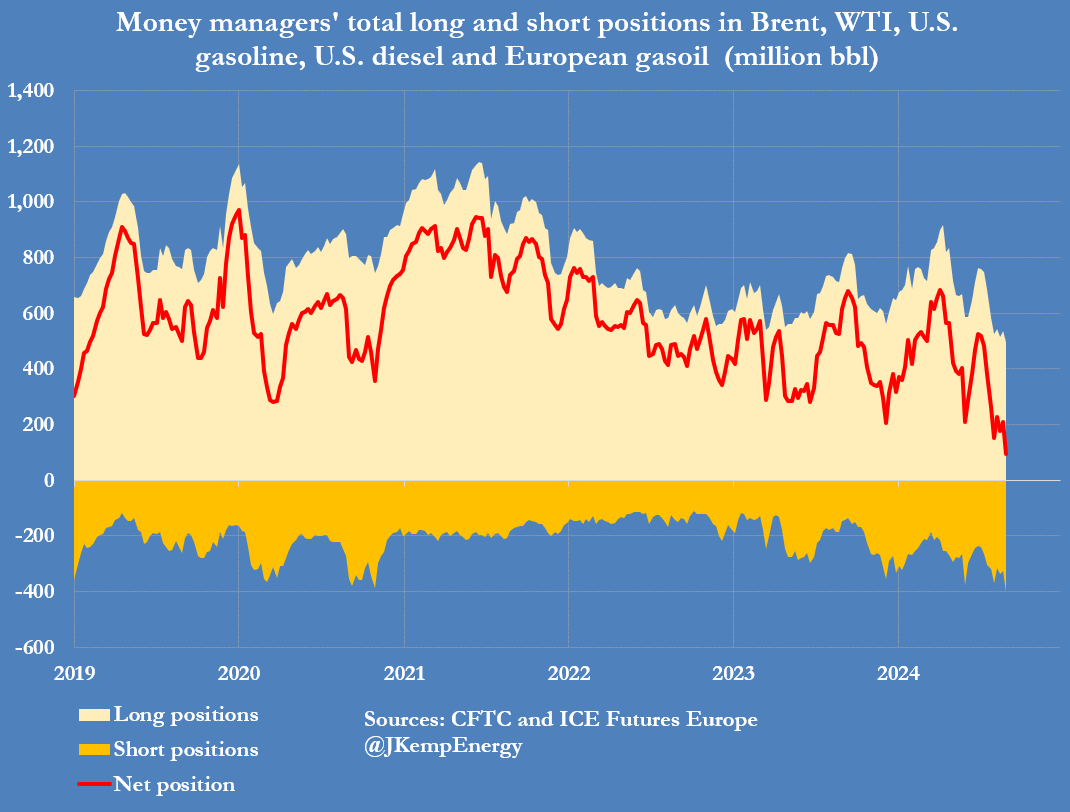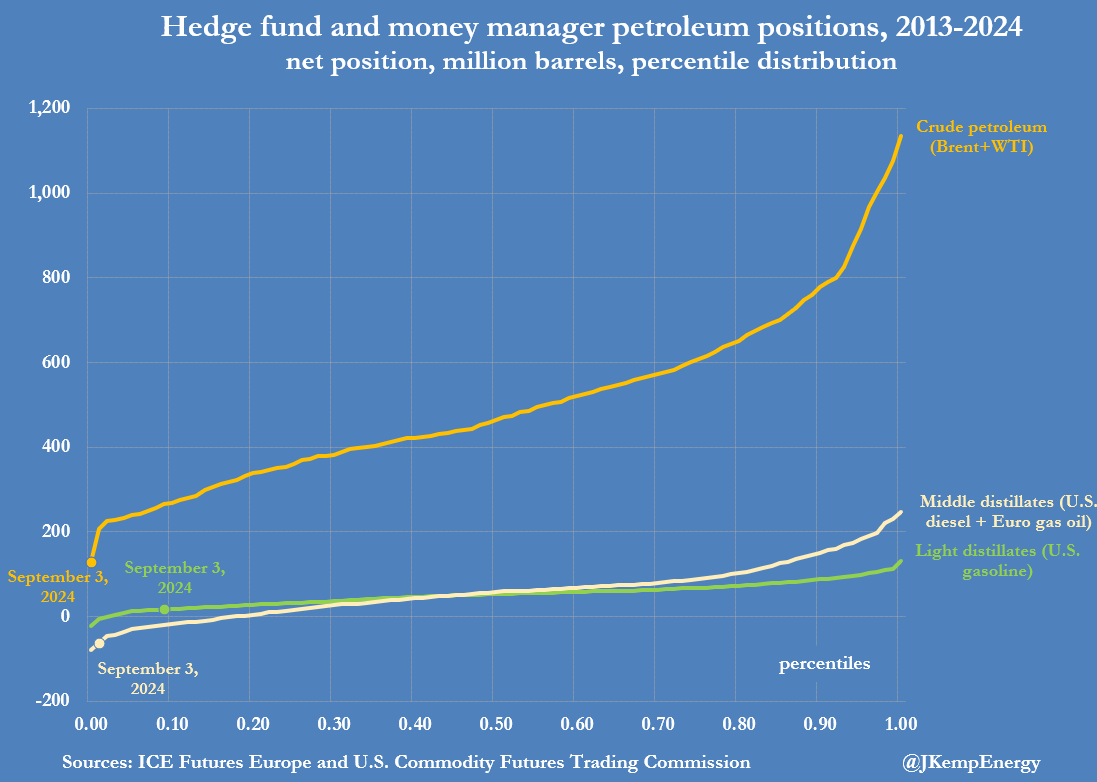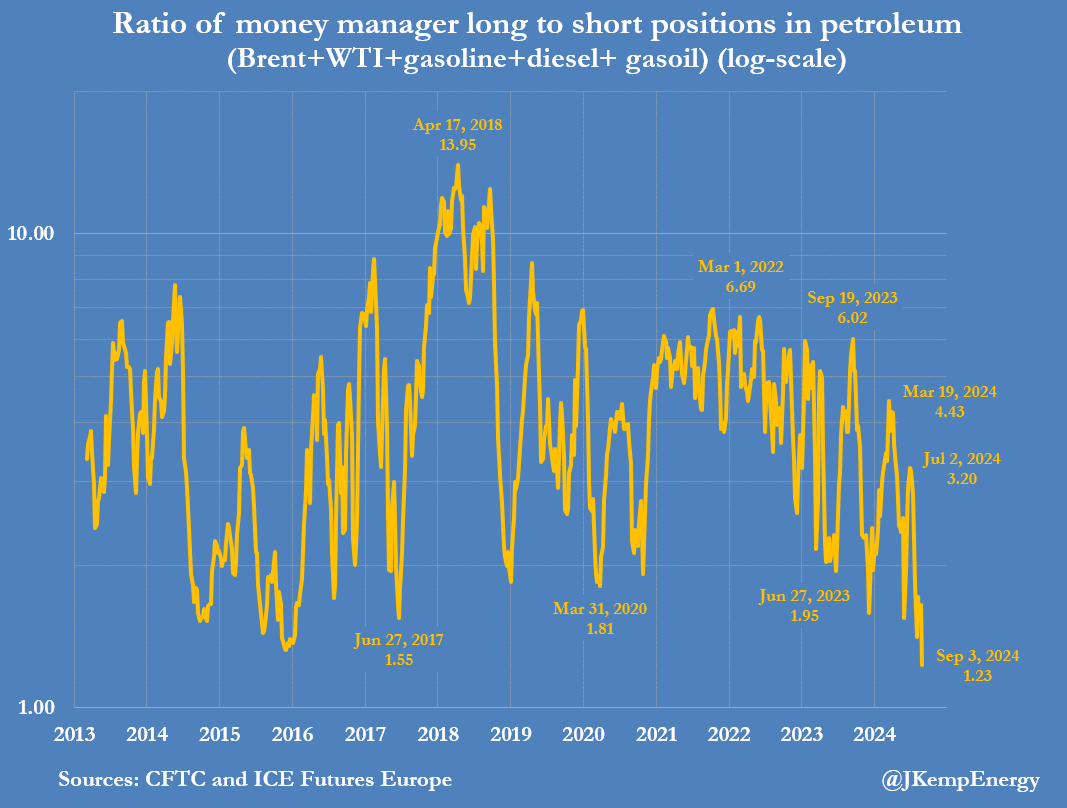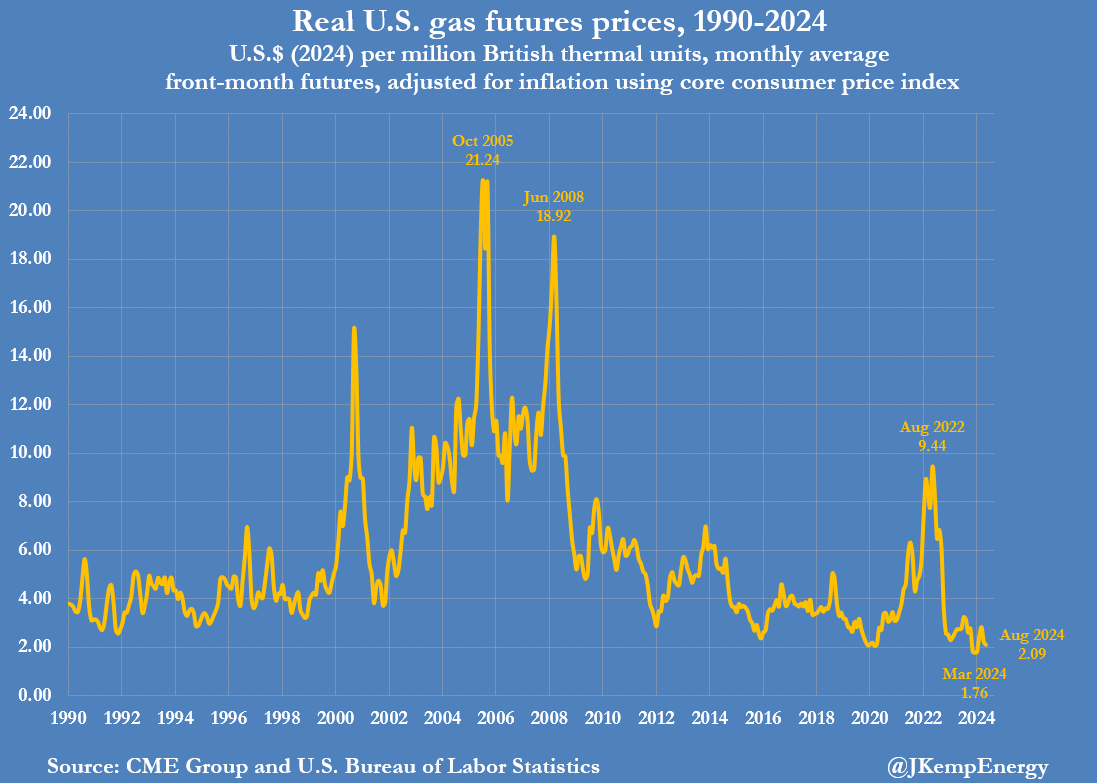The Federal Reserve unveiled plans that would massively scale back a proposal to raise capital requirements for banks after politicians and the banking industry pushed back on the initial plan, warning it could restrict lending and hurt the economy.
The new proposal would increase capital levels for big banks like JPMorgan Chase (JPM) and Bank of America (BAC) by 9% in aggregate, down by half from the original plan from more than a year ago, which set the capital increase to around 19% for those institutions.
Banks with assets between $100 billion and $250 billion, which were initially subject to the stricter standards of the largest banks, would also no longer be subject to the increases — other than the requirement to recognize unrealized gains and losses of their securities portfolios in regulatory capital. This a major reversal following the string of regional bank failures last year that was touched off by Silicon Valley Bank.
“Capital has costs too," Fed Vice Chair for Supervision Michael Barr said Tuesday at an event in Washington hosted by the Brookings Institution. "As compared to debt, capital is a more expensive source of funding to the bank. Thus, higher capital requirements can raise the cost of funding to a bank, and the bank can pass higher costs on to households, businesses, and clients engaged in a range of financial activities.”
The new version of this plan, known as Basel III endgame, comes after months of anticipation after Fed Chair Jerome Powell said as far back as March that the central bank sought "broad material changes" to the initial proposal and was looking to secure a consensus from the Federal Reserve board.
When it was first released more than a year ago, the capital plan was met with immediate disagreement and division among Fed officials who questioned whether the plan could actually do more harm than good in its initial form.
Fed Governor Michelle Bowman argued that the plan needed "substantive changes" and that an increase in capital requirements at the scale proposed by regulators could significantly harm the economy. Fed Governor Chris Waller also argued the plan needed a major overhaul.
Barr said the changes reflect the feedback the Fed received from the public, improve the tiering of the proposal, and better reflect risks. In his speech, he stressed that the new plans are far from final and that the Fed, along with the Office of the Comptroller for the Currency and FDIC, "have not made final decisions on any aspect of the re-proposals, including those that are not explicitly addressed in the re-proposal."
"This is an interim step," he said.
The comment period, which was initially set for Nov. 30 of last year after being proposed in July 2023, was extended to January 2024 following letters submitted by banks to the Fed listing the many problems they had with the rules along with an aggressive lobbying effort.
Among the top concerns was that the Fed's proposed capital requirements would make costs of several banking activities, from residential mortgage and small business lending to trading, more expensive with such a dynamic potentially embedding higher costs into economic activity.
JPMorgan CEO Jamie Dimon even argued the capital plan could cause inflation to rise by way of increasing capital requirements for hedging, which will trickle down to consumers in the form of higher prices for everything from a can of soda to meat products.
The proposed changes unveiled Thursday are part of an effort by bank regulators to follow through on the US version of an international accord known as Basel III, which was developed by the Basel Committee on Banking Supervision.
The goal of the Basel committee, which was convened by the Bank for International Settlements in Basel, Switzerland, was to set global regulatory capital standards so that banks would have enough in reserves to cover unforeseen losses and survive crises.
Bank regulators across the US, UK, and Europe began rolling out the last version of this accord following the 2007 to 2009 global financial crisis. It was agreed to in 2017, but in the US, the proposal was delayed by the COVID-19 pandemic.
Europe and the UK have each moved forward with adopting capital cushion increases in the single digits and are now in the implementation phases.
Bar also said that the Fed is looking at the agency’s large bank stress tests, another measuring stick for how regulators set bank capital cushions in the event of severe market shocks.
“We are attentive to the interactions across all components of our capital framework as well as the combined burden and benefits, and we take these issues seriously,” Barr added.
Though the revised plans may not be final yet, they will play a significant role in overall bank earnings and how much lenders can give back capital to shareholders.
“That's going to be an important factor as we think about how much more we want to do and when in the way of [stock] buybacks,” Citigroup CFO Mark Mason said Monday at a conference in New York.
If the full proposal comes out in September, "expect banks to comment on how much their excess capital will increase vs. current rule during October earnings calls," Morgan Stanley analyst Betsy Graseck said in a Tuesday note.
